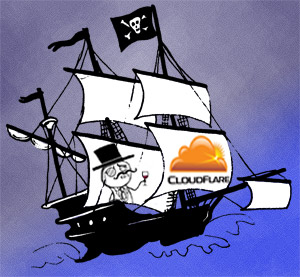My colleague Kit Dotson writes:
In every statement about allowing LulzSec to use their free service, CloudFlare has been pointed about mentioning that while they had received queries from law enforcement—they had never been asked by any authority to terminate service. Of course, the company had very little information to provide about their free client because all that’s needed to sign up is an e-mail address, a username, and a password.
Prince describes the experience as causing several existential crises for his colleagues, after all, who wants to be described as the person who provided anonymity to a group of hackers? Still, in the end, they decided that it was not their job to act as censors when housing information on hacking subjects itself is not illegal.
SiliconAngle: CloudFlare Speaks Out About Their Experience Hosting LulzSec
Prince also said ““You can’t pay for pen testing like this.” No kidding!





